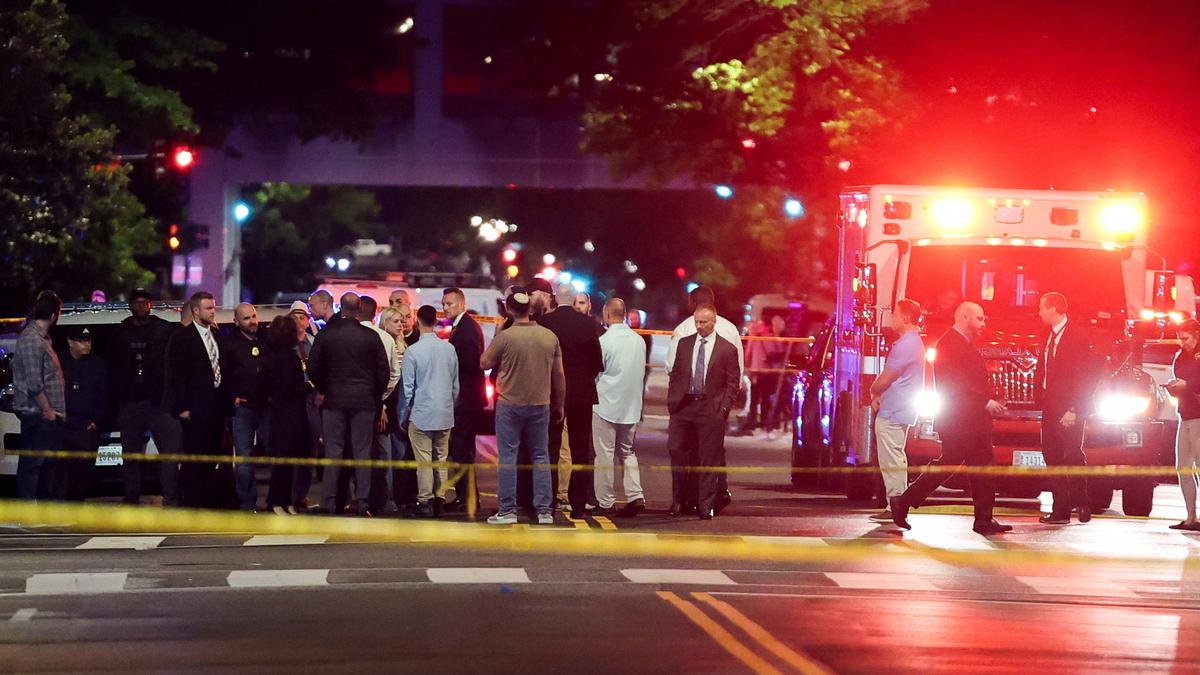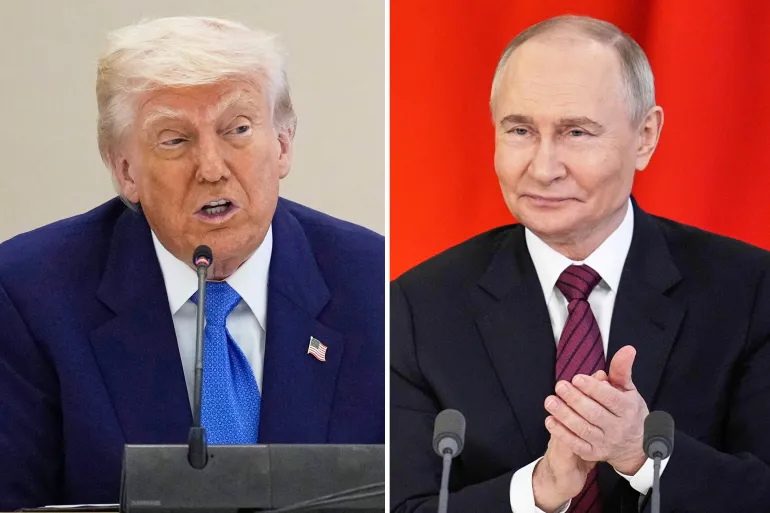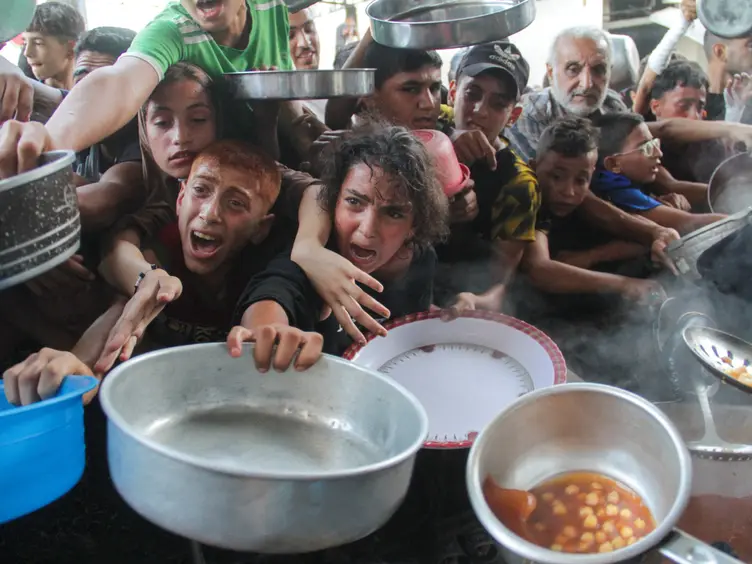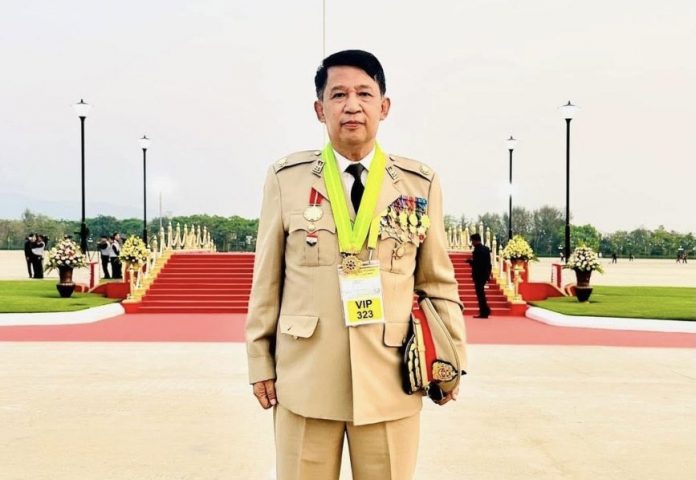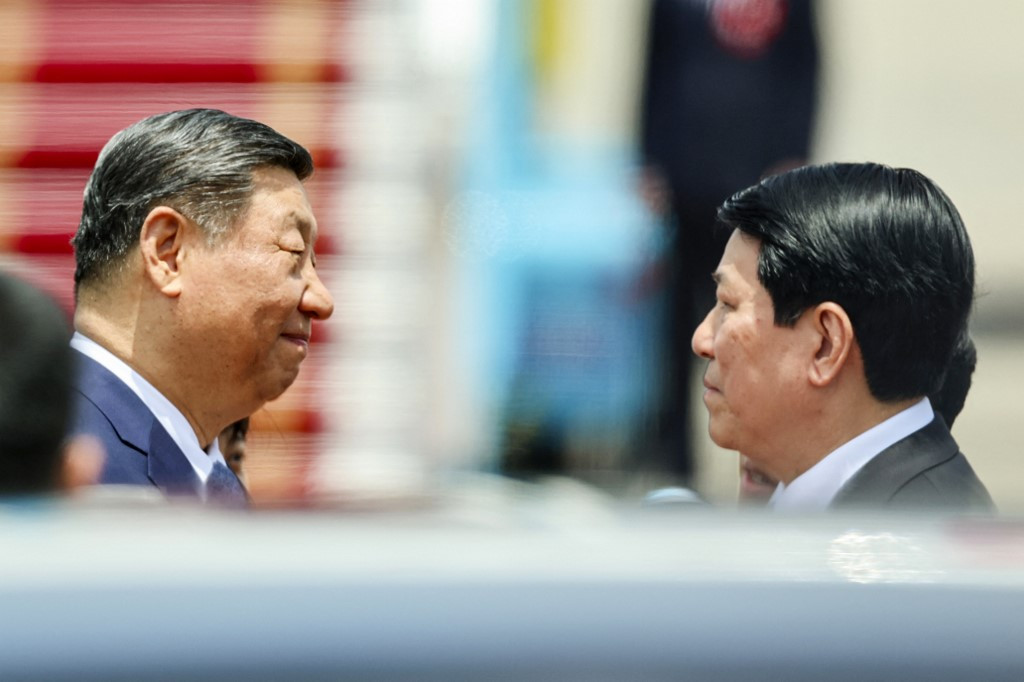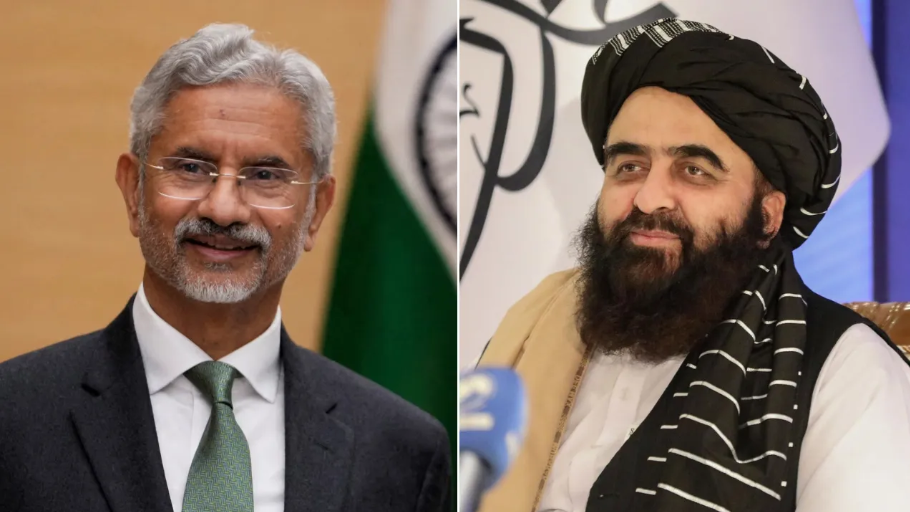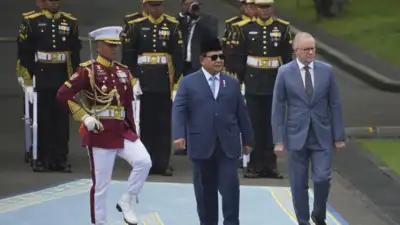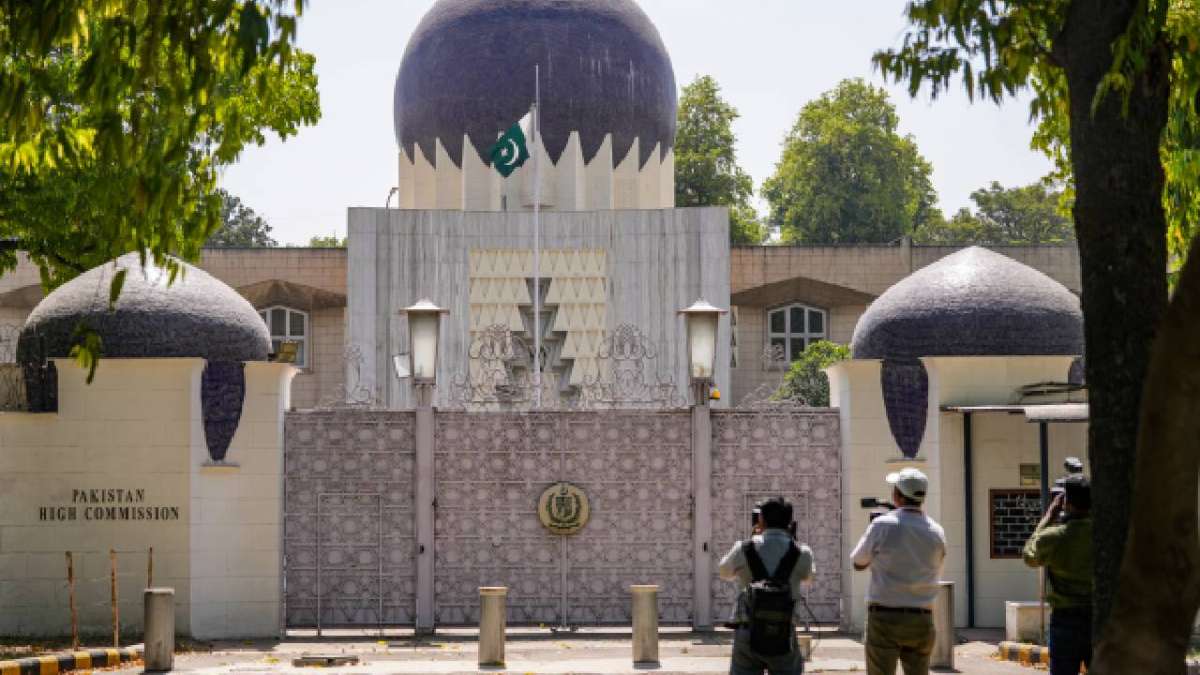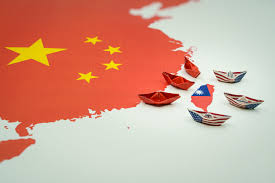Netanyahu declares full Israeli control over Gaza by end of military offensive
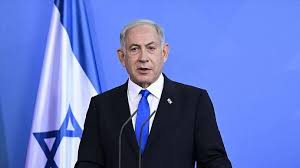
NEW DELHI: In a significant development in the ongoing Israel-Gaza conflict, Israeli Prime Minister Benjamin Netanyahu on Wednesday declared that Israel will establish full control over the Gaza Strip by the conclusion of its current military offensive. The announcement marks a critical shift in Israel's military and political strategy towards the Palestinian enclave, intensifying global concerns over the future of the region.
Addressing the media for the first time in several months, Netanyahu said, “At the end of this campaign, all of Gaza will be under Israeli control. There will be no Hamas.” He reiterated that Israeli security forces will retain indefinite oversight to ensure peace and prevent future hostilities from the region.
Hostages, Hamas, and Post-War Vision
The Prime Minister laid out three non-negotiable conditions for ending the war: the release of all Israeli hostages, the complete dismantling of Hamas’ military infrastructure, and the removal of its leadership from Gaza. “Without these conditions being met, there can be no true victory,” he stated.
He also ruled out the return of the Palestinian Authority (PA) to govern Gaza post-war. “The PA as it is today cannot be trusted to manage Gaza responsibly,” Netanyahu claimed, adding that any future governance must be aligned with Israel’s security interests.
Escalating Humanitarian Crisis
Netanyahu’s statement comes at a time when Gaza is facing a severe humanitarian crisis. Israeli airstrikes over the past 48 hours have killed at least 82 Palestinians, including women and children, according to health authorities in Gaza. Despite the partial lifting of an 11-week blockade, UN agencies report that aid is still unable to reach thousands due to ongoing hostilities and logistical hurdles.
Humanitarian organizations including Médecins Sans Frontières (MSF) have condemned the blockade, calling the aid access “woefully insufficient” and warning of widespread malnutrition.
Diplomatic Fallout
The international backlash has been swift. The United Nations and several nations including the UK and France have condemned Israel’s aggressive tactics. The UK Foreign Office suspended its ongoing trade negotiations with Israel and pledged £4 million in emergency aid to Gaza.
Tensions also rose in the West Bank after Israeli forces reportedly fired warning shots near a UN diplomatic convoy in Jenin. UN Secretary-General António Guterres termed the incident “unacceptable” and urged both sides to de-escalate.
Netanyahu Admits Funding Hamas via Qatar
In a rare political admission, Netanyahu acknowledged that his government previously permitted funds from Qatar to be sent to Hamas, as part of a strategic move to weaken the PA and sow division within Palestinian leadership. “Yes, we allowed Qatari money in,” Netanyahu said. “It was a tactical decision to divide and manage.”
The statement has drawn criticism from Israeli opposition leaders, with many accusing the Prime Minister of indirectly strengthening Hamas before the current conflict escalated.
Strategic Corridors and Military Expansion
On the ground, Israel continues to expand its military presence through new "security corridors" across Gaza. The Morag Corridor, recently established, bisects Gaza's southern regions. This corridor, along with the Philadelphi and Netzarim Corridors, are reportedly aimed at restricting militant movement and establishing long-term operational control.
Defense Minister Yoav Gallant has issued fresh directives to the Israel Defense Forces (IDF) to expand ground operations and secure more territory. “As long as Hamas holds hostages, they will lose more ground,” Gallant warned.
ICC Warrant Adds Legal Pressure
Meanwhile, the International Criminal Court (ICC) has issued arrest warrants for Netanyahu and Gallant, citing allegations of war crimes, including starvation tactics and disproportionate attacks on civilians. The move has raised questions about potential legal consequences for Israeli leaders on the international stage.
Global Watch Continues
The situation in Gaza remains fluid, with growing calls from the international community for an immediate ceasefire and humanitarian access. While Israel remains committed to its security objectives, human rights groups and several world powers have cautioned against actions that may escalate the conflict and deepen civilian suffering.
As the conflict enters a new phase, the eyes of the world remain on Gaza — and on Netanyahu’s increasingly hardline doctrine.


